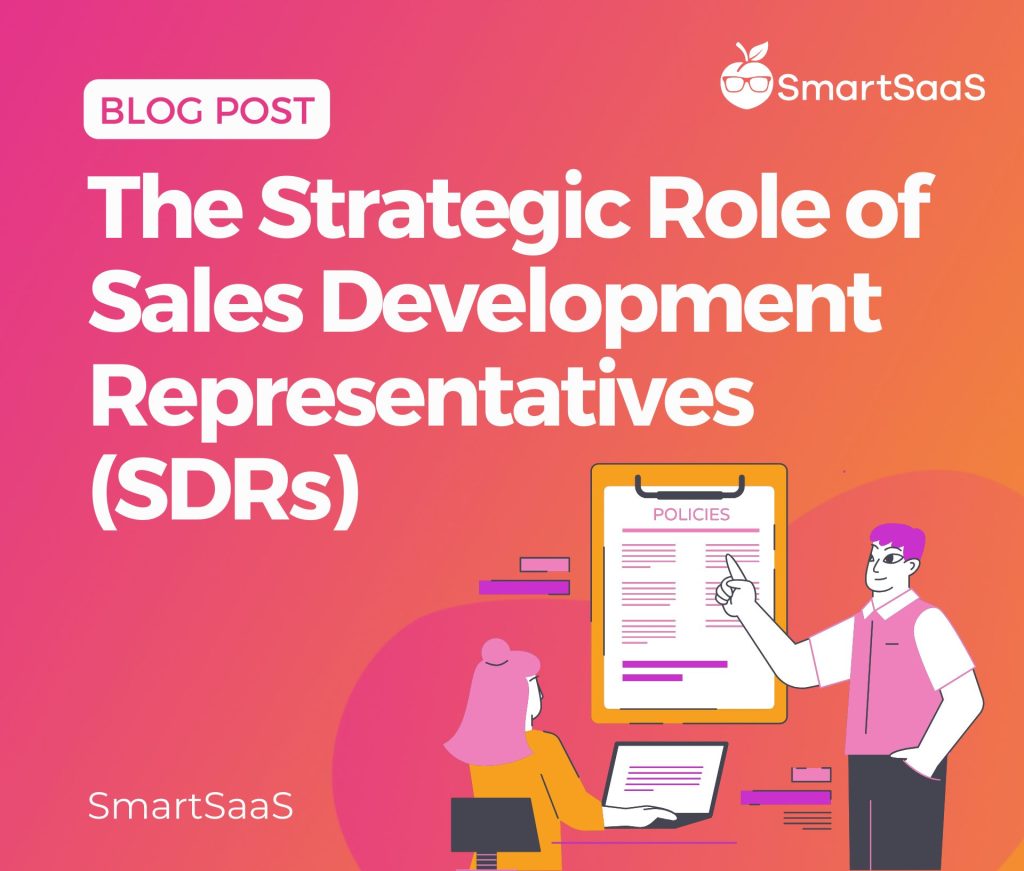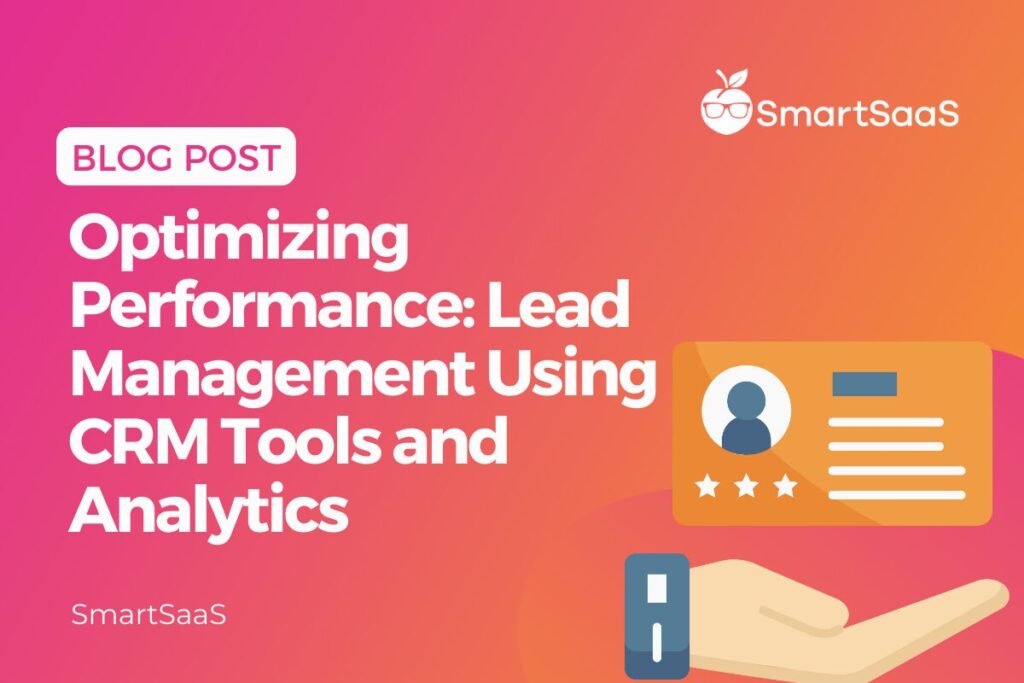SDRs: Who they are and what they do

Sales Development Representatives (SDRs) are critical members of a sales or marketing team tasked with generating leads. They are tasked with transforming as many contacts as possible into viable sales prospects. Their success directly contributes to the sales pipeline, resulting in increased revenue and robust growth for the organization.
The Role of SDRs
Prospecting
Through a variety of outreach methods, including phone calls, email, tracking customer statuses, and evaluating inbound leads, SDRs reach out to contacts and try to turn them into leads for your business. Often, their KPI is number of qualified meetings set.
Outreach has become increasingly difficult, so often times SDRs leverage various technology to help make their job more efficient. Check out our top list of AI SDR tools here.
Information Management
SDRs also play a pivotal role in maintaining an up-to-date Customer Relationship Management (CRM) system, ensuring you possess all the essential data required for informed and timely follow-ups with each lead. Furthermore, the notes they add to each deal within your CRM streamline your engagement, enabling you to channel your time and resources effectively toward the most significant leads.
Lead Qualification
An SDR often must assess whether the prospect’s processes align with your product or service; if not, providing a tailored solution may be necessary. Understanding how your offering addresses the prospect’s pain points is crucial. By comprehending their challenges, you can present a solution that not only satisfies them but also enhances their business processes. Also, the SDRs can eliminate any unqualified leads, saving your sales reps precious time.
Essential Skills for SDRs
Exceptional Research Skills
A deep understanding of the industry from which leads are sourced can give SDRs a competitive edge, enabling them to elevate your business above the competition. Recognizing the needs and obstacles faced by prospects allows SDRs to fine-tune their approach for a higher likelihood of obtaining that all-important initial response.
Resilience
SDRs often encounter a frequent chorus of ‘no.’ The true value of these rejections lies in the SDR’s ability to persevere, utilizing objections as stepping stones to pinpoint their weaknesses and refine their approach for the next prospect.
Active Listening Skills
Effective communication with a prospect is a two-way street. It is essential for SDRs to skillfully listen to the prospect’s requirements and discern the opportune moments to present the product or service. This skill not only deepens their understanding of the product but also provides valuable insights into the industry. When SDRs receive as much as they give in a client interaction, they can refine their pitch, offering a more relevant and compelling sales experience.






Responses